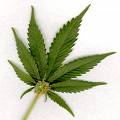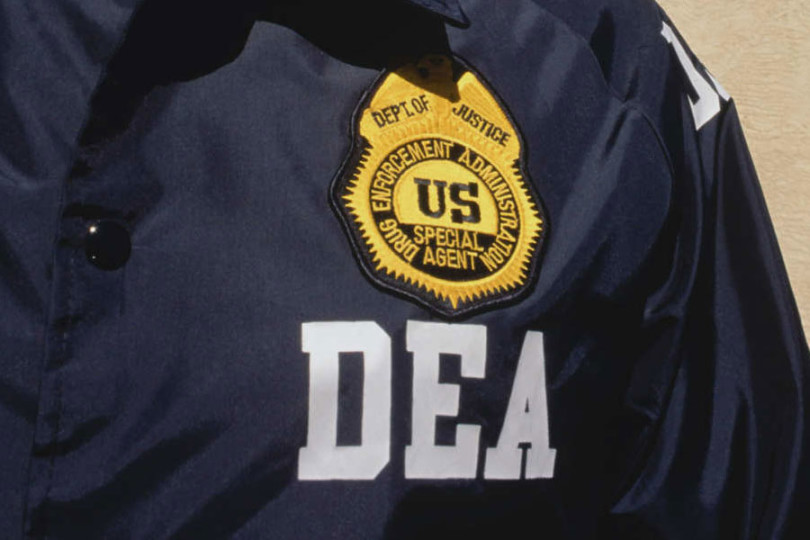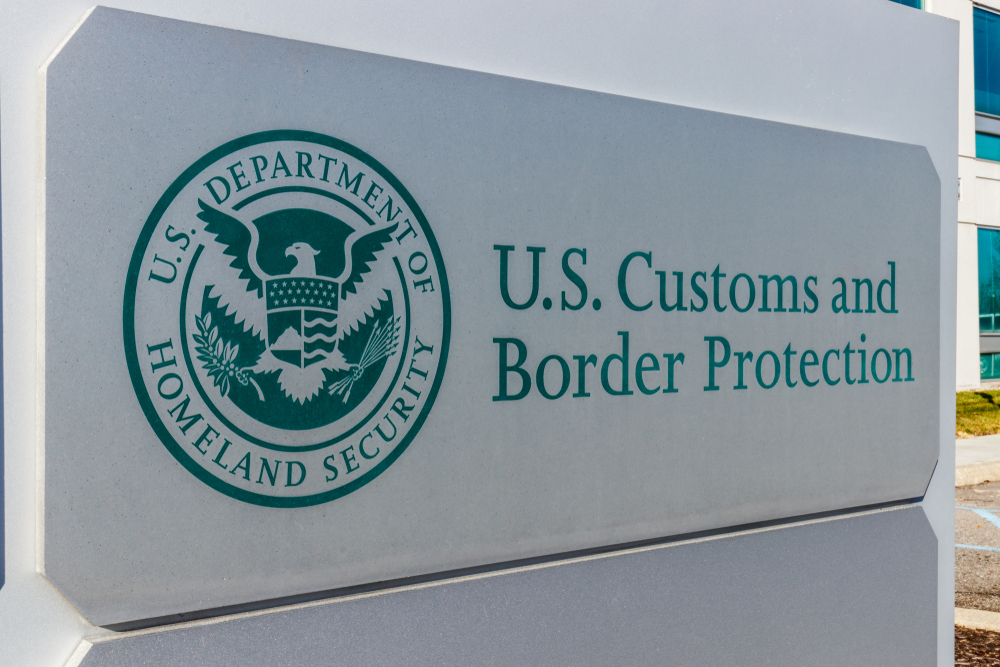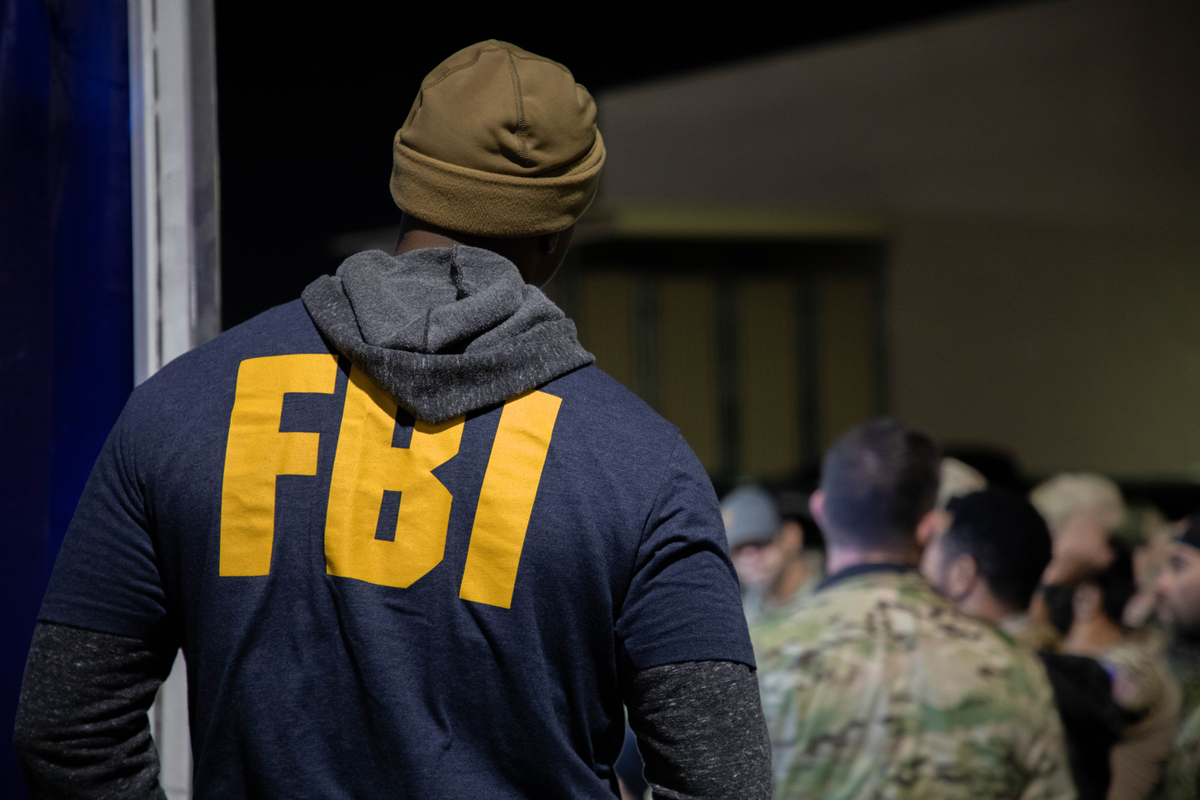
It is a measure of the level of public acquiescence to the marijuana “reform” movement that such an association would cause little or no backlash in a normally conservative business context. Other web sites like igive.com and goodsearch.com likewise have included the organization among its causes and charities to authorize similar arrangements for providing funding for MPP’s program.
The public seems only dimly aware that there have been major changes in marijuana policy in this country. In fact, a dramatic trend toward legalization has developed in the last decade, and its momentum seems to be gaining speed every year. The question is – where is this rush headed?
MPP was founded in 1995. Despite its ambiguous title, its clearly stated mission is to “increase public support for non-punitive, non-coercive marijuana policies.” Its vision, however, goes further—a nation where marijuana is legally regulated like alcohol. The organization’s Advisory Board includes well known actors, musicians, and authors like Susan Sarandon, Grace Slick, Melissa Etheridge, and Bill Maher. It also has established the MPP Foundation, which makes donations tax deductible because it engages in education rather than lobbying.
For better or worse, depending on your perspective, MPP can rightly claim much of the credit for the successes of the movement. Its fundraising goal for next year is more than $ 4 million and its lobbying program in new states is aggressive.
This trend seems to be proceeding, though not always in a linear direction, through predictable stages: medical marijuana, penalty reduction, penalty elimination, decriminalization, with or without regulation, and the legalization for private use. Intentional or not, it is like there was a convocation at the end of the 20th Century with the resolution that eliminating prohibition as NORML had advocated for years was never going to happen. And so the elephant is being eaten one bite at a time.
Less than two decades ago marijuana was illegal everywhere and in every form. And the penalties were substantial. Then in 1996 by means of a ballot initiative, California legalized “medical marijuana.” Four years later Hawaii did so by legislation. A host of states have followed suit. This year Illinois became the 20th state to legalize medical marijuana.
On a later but parallel track has been the policy change for local governments and a few states to legalize its recreational use. Except for scattered municipalities. Alaska was first in 2004 when the state’s Supreme Court held that adults could legally possess up to 4 ounces in their homes. In varying forms other “personal use” decriminalizations occurred in Denver (2005), Massachusetts (2008), Delaware (2011), Rhode Island and Colorado (2012) and Washington and Vermont (2013). Of these Colorado is perhaps most significant since it legalizes the possession, cultivation and distribution, with some conditions.
For years what seemed to be the inevitable collision between these laws and federal criminal penalties caused perplexed headshakes especially among law enforcement folks. In August the Attorney General Eric Holder resolved some of these issues with his pronouncement that DOJ would not challenge the medical marijuana or recreational use statutes but would instead concentrate on large traffickers and demand reduction for children.
Many questions for the Department remain in this anomalous dual enforcement system, like the use of credit cards and bank transactions for purchasing and financing. These questions and the attitude in the public seem to be a disincentive for USAOs and federal law enforcement agencies around the country to pursue marijuana prosecutions absent aggravating factors.
But the possession, distribution, and cultivation of marijuana remain unchanged and illegal in the United States Code.
It is probably too early to fairly assess the effect of this legalization trend. Washington state police report a 9% increase of positive marijuana blood tests for drivers stopped on suspicion of impaired driving. Some surveys and anecdotal reports point to increased use of pot by young adults.
Unanswered questions abound. Like will the revenue from tax increases be enough to cover increased costs to the public? Will those substantial taxes in some states result in black market sales, such as with untaxed cigarettes? What are the implications of a Big Marijuana industry powerful enough to rival the heyday of Big Tobacco?
There still are few objectively conducted medical studies on the full health effects of the current high potency marijuana, as much as ten times or more as strong as that that deemed to have minimal harm in studies some years back. DAWN statistics on marijuana-related emergency visits continue to show a steady increase.
Perhaps for many of us the most important question is the effect of these changes on teen use of marijuana. For me that imponderable plus the medical effects of the increased potency were enough to warrant caution and the status quo on enforcement. That was this column’s bottom line two years ago.
Our policies on marijuana have not always been rational, consistent or just. A strong case could be made that unsubstantiated claims of danger, unreasonably long prison sentences, and the absence of an integrated program of enforcement, prevention, and treatment have contributed to a poor assessment of the effects of the downside to legalization.
The truth is that we do not know the answers to all the questions on the pros and cons of marijuana legalization.
Maybe the words of Supreme Court Justice Louis Brandeis in New State Ice Co. v. Liebmann in 1932 apply here: “[A] single courageous state may, if its citizens choose, serve as a laboratory; and try novel social and economic experiments without risk to the rest of the country.” One can only hope that this metaphor for state laws like that of Colorado will apply to provide a useful experiment for the rest of the country over a period of years.
So why not pause in this rushed trend toward legalization of marijuana and make a fair and complete assessment of the results of the experiment?






The question of what to do about drugs is not a new one. Over the last 100 years there have been numerous major government commissions around the world that have studied the drug laws and made recommendations for changes. You can find the full text of all of them at httpp://druglibrary.org/schaffer under Major Studies of Drugs and Drug Policy.
They all reached remarkably similar conclusions, no matter who did them, or where, or when, or why. They all agreed that the current laws were based on ignorance and nonsense, and that the current policy does more harm than good, no matter what you assume about the dangers of drugs. You don’t have to take my word for that. Read them yourself.
If you are new to the collection, start with Licit and Illicit Drugs at http://druglibrary.org/schaffer/Library/studies/cu/cumenu.htm That is the best overall review of the drug problem ever written. If you only read one book on the subject, make it that one. It will give you a good summary of what you would learn if you read all the other major reports.
In 1973, President Nixon’s US National Commission on Marihuana and Drug Abuse completed the largest study of the drug laws ever done. At the end of their study, they said the real drug problem was not marijuana, or heroin, or cocaine. The real drug problem, they said, was the ignorance of our public officials who keep spouting off with solutions but have never read the most basic research on the subject.
In a perfect illustration of their point, Nixon refused to read his own commission’s report. The full text can be found at http://druglibrary.org/schaffer/Library/studies/nc/ncmenu.htm
Marijuana was outlawed for two major reasons. The first was because “All Mexicans are crazy and marijuana is what makes them crazy. The
second was the fear that heroin addiction would lead to the use of marijuana – exactly the opposite of the modern “gateway” nonsense.
Only one MD testified at the hearings for the Marihuana Tax Act of 1937. The representative of the American Medical Association said there
was no evidence that marijuana was a dangerous drug and no reason for the law. He pointed out that it was used in hundreds of common
medicines at the time, with no significant problems. In response, the committee told him that, if he wasn’t going to cooperate, he should
shut up and leave.
The only other “expert” to testify was James C. Munch, a psychologist. His sole claim to fame was that he had injected marijuana directly
into the brains of 300 dogs and two of them died. When they asked him what he concluded from this, he said he didn’t know what to conclude
because he wasn’t a dog psychologist. Mr. Munch also testified in court, under oath, that marijuana could make your fangs grow six inches
long and drip with blood. He also said that, when he tried it, it turned him into a bat. He then described how he flew around the room for
two hours.
Mr. Munch was the only “expert” in the US who thought marijuana should be illegal, so they appointed him US Official Expert on marijuana,
where he served and guided policy for 25 years.
If you read the transcripts of the hearings, one question is asked more than any other: “What is this stuff?” It is quite apparent that
Congress didn’t even know what they were voting on. The law was shoved through by a small group of lunatics with no real awareness by
anyone else of what was happening.
See http://druglibrary.org/schaffer/History/whiteb1.htm for an entertaining short history of the marijuana laws.
See http://druglibrary.org/schaffer/hemp/taxact/taxact.htm for the complete transcripts of the hearings for the Marihuana Tax Act of 1937.
“Perhaps for many of us the most important question is the effect of these changes on teen use of marijuana.”
Historically speaking, the biggest single cause of drug epidemics among US children is hysterical anti-drug campaigns. The first example was the huge teen drinking epidemic during alcohol prohibition.
Alcohol prohibition was passed with a campaign of “Save the Children from Alcohol.” Within five years there were record numbers of teens in hospitals and courts for alcohol problems. The average age at which people started drinking dropped dramatically. Schools had to cancel dances because so many kids showed up drunk. Teen girls started frequenting bars for the first time. Many kids became involved in the bootlegging trade and sales of booze on school campuses were common. Early supporters of prohibition turned against it because prohibition made it easier than ever for their kids to get booze.
Prohibition was repealed with a campaign of “Save the Children from Prohibition.” You can read more at http://druglibrary.org/prohibitionresults.htm
Other examples include LSD, speed, and glue sniffing. Did you ever wonder how glue sniffing got started? That is one drug epidemic that was created out of whole cloth by the anti-drug zealots. You can read all about this in Licit and Illicit Drugs at http://druglibrary.org/schaffer/Library/studies/cu/cumenu.htm See the chapters titled “How Speed Was Popularized,” “How LSD Was Popularized,” and “How to Launch a Nationwide Drug Menace.”
There is no evidence that prohibition does anything useful to curb teen drug use. In fact, there is a lot of evidence that prohibition only makes those problems worse.
“Unanswered questions abound. Like will the revenue from tax increases be enough to cover increased costs to the public?”
A fair question, but the wrong one. The taxes from alcohol do not cover the costs of alcohol to society. Does that mean that prohibition was a better solution? No, it does not. We did not repeal alcohol prohibition because the taxes would produce a profit. We repealed alcohol prohibition because prohibition was a disaster in all terms — far greater than the tax issue.
“Will those substantial taxes in some states result in black market sales, such as with untaxed cigarettes?”
Well, that kinda depends on how they set those taxes, doesn’t it? But here is the real question: What portion of the market is in the black market now? Do you expect that portion to go up or down with legalization? Despite the problems with untaxed cigarettes is anyone seriously proposing tobacco prohibition as a solution? Why not?
” What are the implications of a Big Marijuana industry powerful enough to rival the heyday of Big Tobacco?”
It should be obvious to everyone that marijuana is not going to magically go away any time soon. Therefore, there are only three real choices for who will control the market, make all the rules for production and sales, set all the age limits and labeling requirements, and keep all the tens of billions in profits that come from the trade. The choices are:
1) Government, with proper regulations and taxes to address social problems.
2) Private business, with proper regulations and taxes to address social problems.
3) Organized crime, with no regulations or taxes to address social problems.
Now, considering all the issues and problems in their totality, tell us which one of those you think will give us the most control over the market. We have chosen organized crime to run the trade, and you seem to think that is the best choice. Explain why organized crime is the best choice to get all those billions.
“There still are few objectively conducted medical studies on the full health effects of the current high potency marijuana, as much as ten times or more as strong as that that deemed to have minimal harm in studies some years back.”
There is a ton of medical research on the effects of pot. The sum of it — as related by the DEA’s own Chief Administrative Law Judge — is that mj is probably the safest therapeutically active substance known to man. In plain statistics, more people die from overdoses of water every year (drinking too much, not drowning) than die from overdoses of pot.
The bottom line is that mj is significantly less harmful that lots of other things we consume routinely. The supposed dangers of marijuana never really had anything to do with the laws, anyway. These arguments were made up only because people stopped believing that marijuana will turn you into a bat.
” DAWN statistics on marijuana-related emergency visits continue to show a steady increase. ”
Which means next to nothing. Those are “mentions”. That is, someone walks into an ER and they ask them for every drug they have taken in the last month. It does not indicate anything about the reasons they might be in the ER.
As for reasons they might be in the ER, alcohol wins all those prizes. All the illegal drugs combined don’t even come close to the toll of alcohol, and they never have. This is a phony argument.
“The truth is that we do not know the answers to all the questions on the pros and cons of marijuana legalization.”
The truth is that I have been debating this subject for more than twenty years and, so far, I have never found anyone with your opinion who has read any of the major research. I have never found anyone with your opinion who was even aware that there had been major research. I have never found anyone with your opinion who could pass the most basic factual quiz on the subject.
Have you read any of the following?
Short history of the marijuana laws at http://druglibrary.org/schaffer/History/whiteb1.htm
Licit and Illicit Drugs – http://druglibrary.org/schaffer/Library/studies/cu/cumenu.htm
The Drug Hang-Up – http://druglibrary.org/special/king/dhu/dhumenu.htm
The US National Commission on Marihuana and Drug Abuse – http://druglibrary.org/schaffer/Library/studies/nc/ncmenu.htm
If you really want a fair assessment of legalization will you read the major research?
One other thing I have noticed is that people with your point of view will generally refuse to read anything that they think might disagree with them. Are you open-minded enough to read ALL the research?